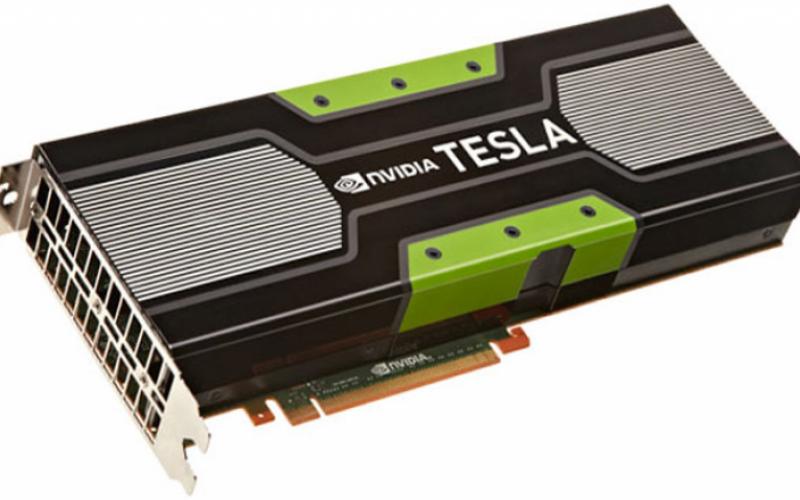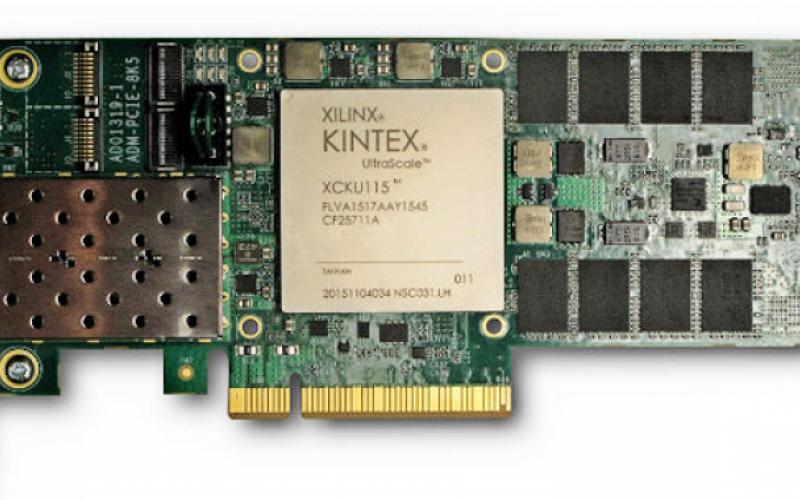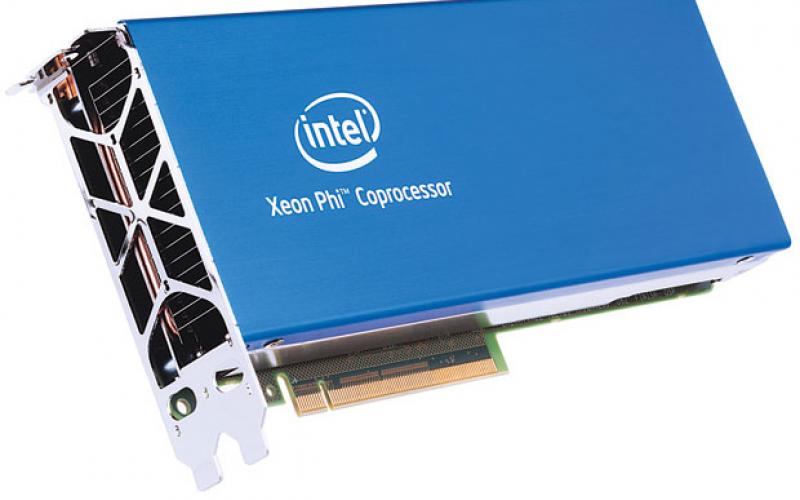Novel Technologies
ICHEC's Novel Technologies program has a particular focus on Quantum Computing, Artificial Intelligence and Many-Core R&D.
A key aim of the activity is to build strong partnerships with leading Original Equipment Manufacturers (OEM's) enhancing Ireland’s attractiveness as a smart knowledge economy. ICHEC leverages these partnerships to foster advanced computing expertise and increase awareness of emerging computing technologies within Ireland’s academic, semi-state and industrial sectors.
ICHEC's widely recognised track record in developing accelerated computing solutions is built on a foundation of algorithmic and low-level performance-engineering skills, particularly on emerging many-core and storage architectures, as well as scientific and engineering domain expertise. This feeds into other activities across the centre.
Many-Core R&D
Many-core compute platforms, such as the Intel Xeon Phi, Graphics Processing Units (GPUs) and Field Programmable Gate Arrays (FPGAs) are emerging as viable technologies in technical computing and traditional HPC due to the increased performance and power savings such platforms offer over more general purpose multi-core Central Processing Units (CPUs). ICHEC continues to develop a deep level of expertise in the area of many-core computing to further research in the field and to put in place expertise to assist users as such technologies mature.
ICHEC was the seventh Centre in the word to be awarded the status of CUDA Research Centre by NVIDIA (2010), the sixth in the world to be awarded the status of Intel Parallel Computing Centre (IPCC) (2013) and joined the Xilinx Alliance Program (2015).
Big Data R&D
Big Data is used to represent many different fields and problems in computing. As storage capacity increases and cost decreases, more data is being collected in all fields. For example in both oil & gas exploration and climate modelling and weather forecasting the number of data points in a given area has been increasing in line with the ease of storing these. This poses a computational challenge to process the new larger data sets in similar times.
ICHEC has partnered with DDN Storage to push forward research into the processing of these large data sets up to several terabytes in size through trials of DDN's new burst buffer technology, the Infinite Memory Engine (IME) in both the fields of Oil & Gas and Environmental Sciences. These experiments have shown that significant improvements can be made through the correct use of the appropriate technology.
More recently, ICHEC has started to become involved in machine learning. A focus group has been set up to ensure staff are appropriately trained in the new developments of this emerging technology. Of particular interest is Deep Learning as this is a tool developed specifically for Big Data. A number of case studies are now being undertaken to see where different commercial partners can benefit from this aspect of Novel Technology.
Exascale Energy-efficiency and Tuning
To meet the demands of computation and data intensive applications from various domains, HPC systems are growing to extreme scales, particularly exascale in the near future. These exascale systems also have heterogeneous processing units to address different types of computations and parallelisation. In the context of exascale systems, there are two main challenges:
- Developers from both conventional and new application domains that will use these exascale systems have a challenge when developing new applications, modifying existing applications, and analysing/debugging to ensure their robustness while achieving the expected performance. This challenge increases in magnitude particularly because many of the current and future application developers are domain experts and may not be expert HPC programmers or performance engineers.
- It is essential that programs that run on exascale systems also use the system resources efficiently to meet the target power envelope of 20 MW set by the ETP4HPC Strategic Research Agenda. In this context, applications that require large-scale HPC systems typically exhibit dynamism during their execution.
To address these issues, ICHEC is involved in projects in two directions:
- Creating domain-specific languages and related frameworks to provide HPC users with easy-to-use high-level abstractions. These building blocks could be domain-specific computations, parallel/sequential patterns, or data/memory management constructs to hide the domain expert from underlying hardware and performance related details required for optimisation and tuning. ESCAPE is a Horizon 2020 project that creates defining and encapsulating the fundamental algorithmic building blocks (known in the High Performance Computing world as dwarfs) that are used for HPC weather simulation applications.
- Analysing application behaviour to create models of their dynamic behaviour and resource requirements, which is used during the production run of HPC applications to optimise and tune resources at the hardware, system software and application levels of the HPC stack. READEX is one of the currently running H2020 projects that aims at delivering up to 22.5% improvement in energy-efficiency.
Additionally, ICHEC also actively co-ordinates and participates in new national and European project proposals.
One of ICHEC's key strength is its ability to combine its technical and domain expertise to support innovation in both areas. Thus the Novel Technologies activities is primarily focused on assessing the performance of various technologies such as many-core, burst buffer technologies or even deep learning to ICHEC's primary domains of expertise such as climate modelling and weather forecasting, and oil & gas exploration. This represents the main driver for R&D partnerships, as exemplified with current relationships with Intel and DDN in particular (follow this link for case studies and testimonials).
Partners








